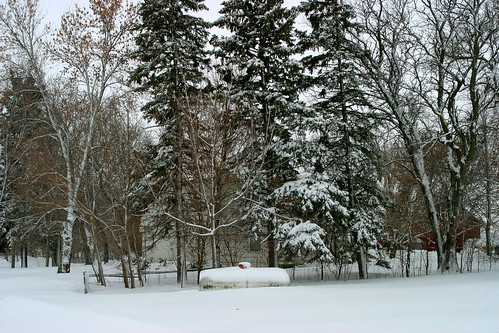When you are comparing homes, their HVAC systems are probably not at the top of your list of priorities. However, since almost half of your home's energy usage traces to heating and cooling, HVAC specifications aren't something you can afford to ignore. Here are five important HVAC factors to consider when buying a new home.
Type of System
This detail likely hasn't escaped your notice, but its importance is worth noting. The type of HVAC system installed in a house will affect not only your comfort, but also your monthly energy bills. Heat pumps are typically among the most efficient systems. In colder climates, though, a heat pump will need a supplemental source of heat when the temperature dips below freezing. In that case, make sure you know what the backup is, too.
Location of Units
Even if you have given thought to the HVAC systems of prospective homes, one detail you might not have noticed is both the indoor and outdoor units' locations. Indoor units should have adequate space around them for maintenance and repairs. Placement is important for outdoor units as well. An AC unit that sits in the sun will not run as efficiently as it otherwise would, and the noise from one too close to your bedroom could be disruptive on a hot summer night.
Heating Fuels

Image via Flickr by chimothy27
When it comes to heating your home, fuel sources include electricity, natural gas, heating oil, wood, propane, and even solar energy. Not all options are available in every area. If multiple options exist in your area, compare the costs and convenience. For instance, the price of heating oil may rise drastically during cold months, when it is more in demand, while natural gas and electric companies charge steady rates.
Age and Condition
When deciding whether to buy a home, the age and condition of its HVAC system should also be considered. Even the best HVAC system will eventually need replacement. The timing depends on the age of the system and its condition. A well-maintained system might outlast its projected lifespan, while a poorly maintained system could break down years before its time. An aging HVAC system shouldn't necessarily deter you from purchasing a home you love, but include the cost of replacing the system into the overall cost.
Energy Efficiency
Almost every specification related to a HVAC system affects its energy efficiency — including all the factors listed above. Newer HVAC units, especially those that are Energy Star certified, will help keep your monthly energy costs down. A large part of what makes some systems and fuel sources preferable to others is the effect they have on energy efficiency. The Department of Energy website has several energy-saving tips, including what to look for in a HVAC system.
Armed with all of this information, you can better compare the overall cost of ownership and include that into decision. Once you have purchased a home, knowing these details will help you decide whether replacing the HVAC system is worthwhile, how soon to do it, and what to look for in a replacement.






